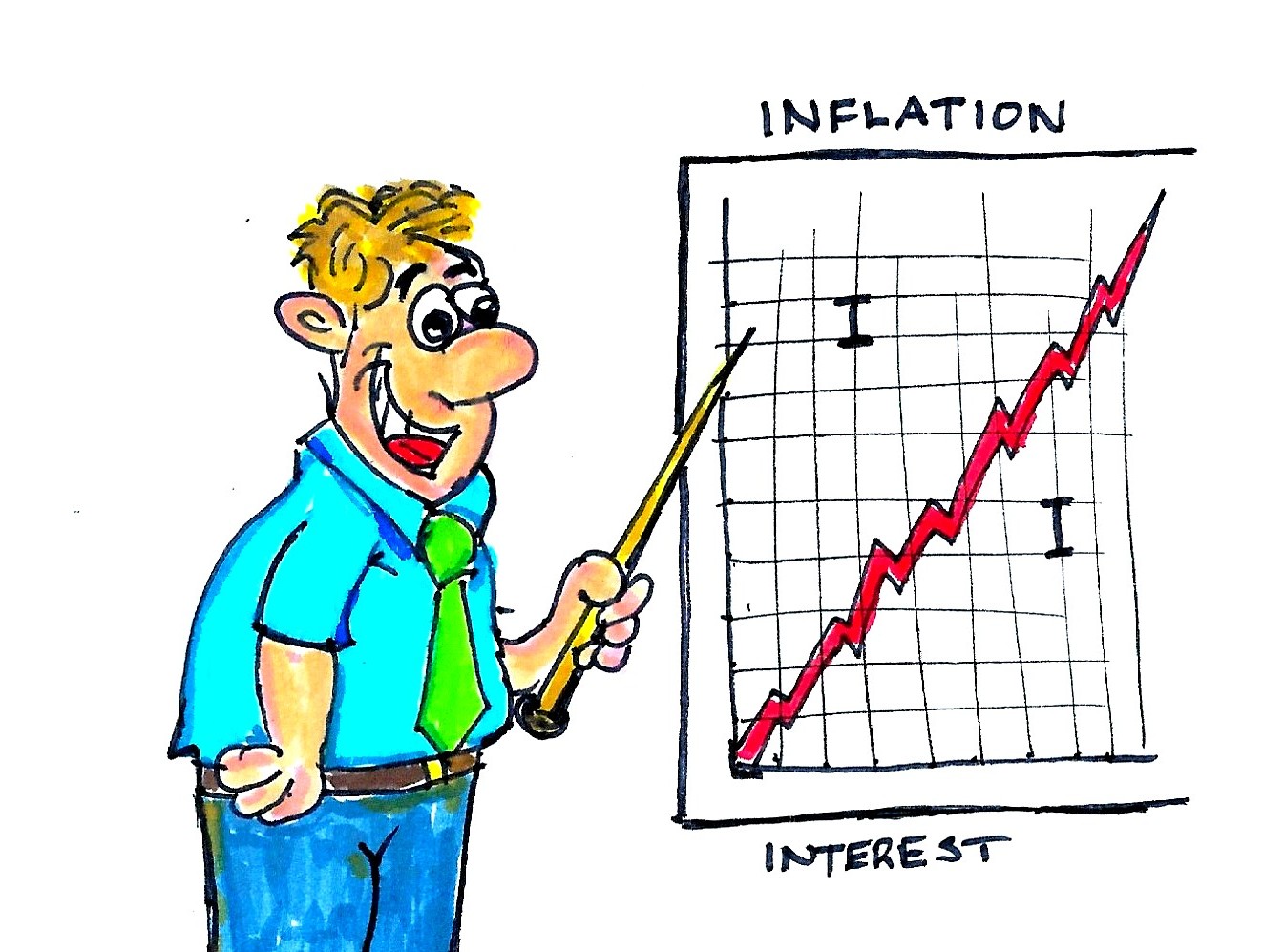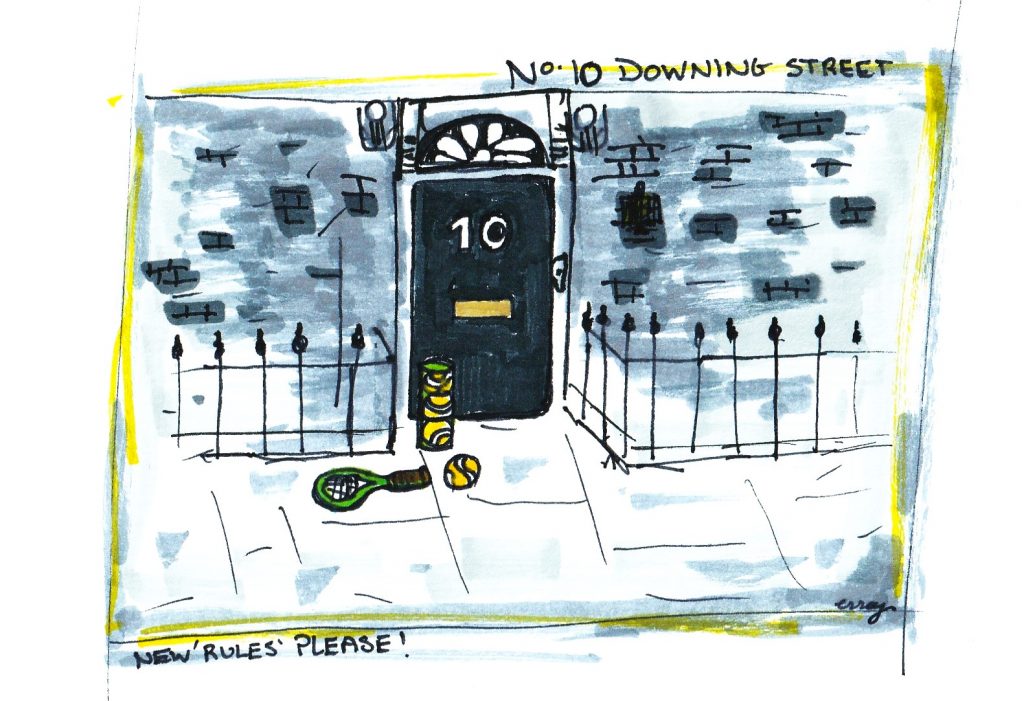The UK’s inflation rate has risen for the first time this year, official ONS figures show.
This indicates that overall prices increased by 2.2% in the year leading up to July, a rise from 2% in June, surpassing the Bank of England’s target.
The anticipated increase is primarily attributed to the less significant drop in gas and electricity prices compared to the previous year.
The Bank of England reportedly anticipates a further increase in inflation this year before it declines again.
The core inflation rate, which is the Consumer Price Index (CPI) excluding food, energy, alcohol, and tobacco prices, was reported at 3.3% in July, a slight decrease from 3.5% in June, according to the statistics office.
Additionally, service inflation, which the Bank of England (BoE) monitors closely, decreased to 5.2% in July from 5.7% the previous month, yet still remains elevated.
These inflation statistics follow the release of data on Tuesday 13th July 2024, which revealed that the average wage growth excluding bonuses was 5.4% from April to June year-on-year, the lowest in two years.
Concurrently, the unemployment rate dropped to 4.2% during this period, down from 4.4% between March and May 2024.






































